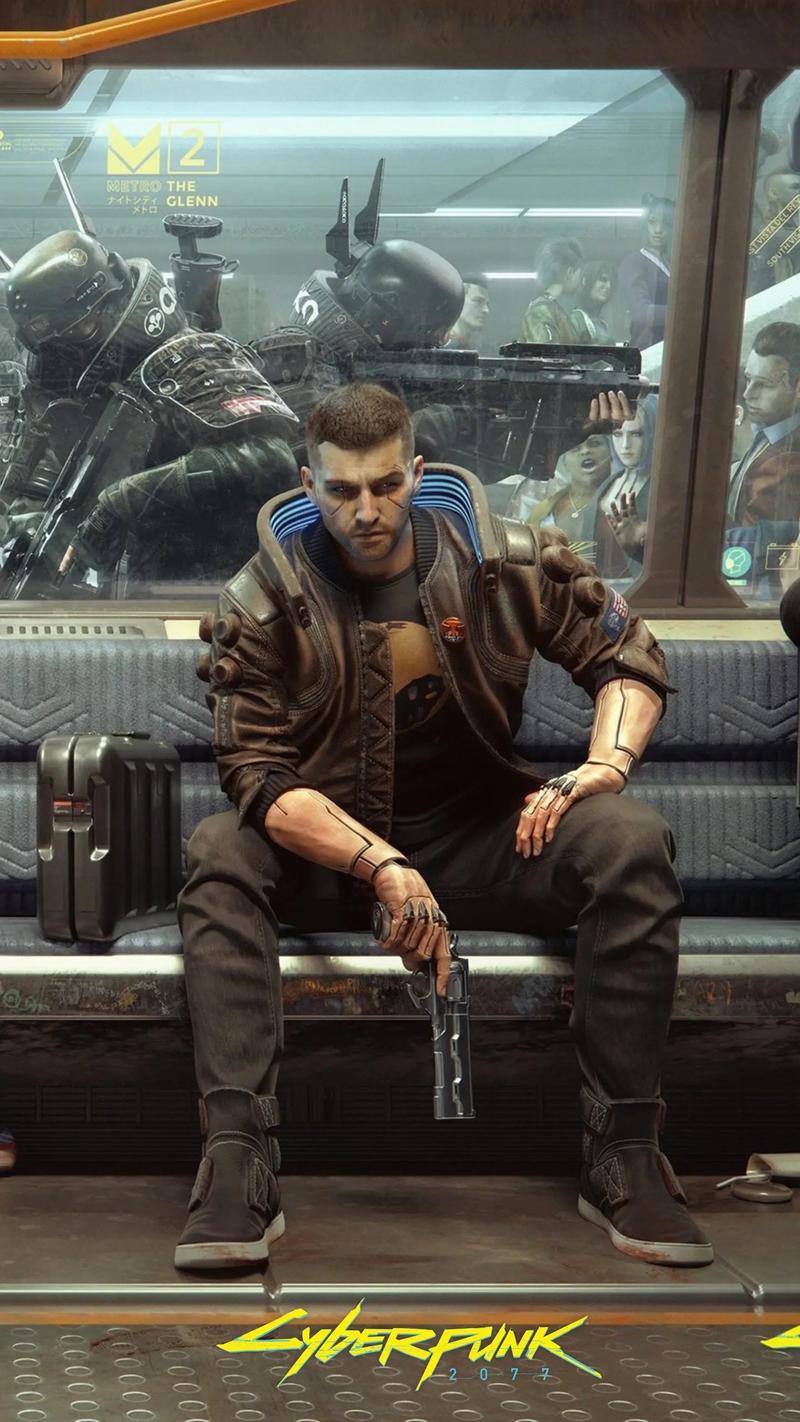Of all the pillars upon which the Assassin’s Creed franchise is built—historical tourism, parkour, and clandestine conflict—music is perhaps the most unsung hero. Yet, in the case of Assassin’s Creed Syndicate, the score is not merely an accompaniment; it is a vital character, an atmospheric force that defines the very soul of its Victorian London setting. Composed by Austin Wintory, who took the reins from the series’ mainstay Jesper Kyd, the soundtrack for Syndicate is a bold, unconventional, and masterful achievement that received widespread critical acclaim for its innovative fusion of period authenticity with modern, pulsing energy.
Wintory faced a unique challenge: how to sonically represent 1868 London, a city at the absolute zenith of the Industrial Revolution. It was a place of stark contrasts—elegant horse-drawn carriages sharing cobblestone streets with belching steam engines; the opulent ballrooms of Westminster overlooking the grimy, crime-ridden alleyways of Whitechapel; the rigid order of the aristocracy clashing with the chaotic struggle of the working class. A purely orchestral, historically mimetic score might capture the grandeur but would miss the grit, the pace, the mechanical heartbeat of the era. Conversely, a wholly modern electronic score would feel anachronistic and lose the historical immersion crucial to the experience.
Wintory’s ingenious solution was to weave these contrasting elements together into a cohesive musical tapestry. The score’s foundation is built upon a traditional orchestra, providing the sweeping, romantic themes one might expect. However, layered atop this classical base is a array of anachronistic elements: driving rock percussion, wailing electric guitars, and a prominent, rhythmic hurdy-gurdy. This last instrument is the score’s secret weapon. Its distinct, folk-like, slightly mournful drone perfectly encapsulates the spirit of the time—it was an instrument of the common people, heard on street corners, yet its raw, organic sound provides a gritty texture that feels both historical and strangely immediate.

This fusion is brilliantly demonstrated in the main theme, “Assassin’s Creed Syndicate.” It opens with a haunting hurdy-gurdy melody, immediately setting a tone that feels old-world and slightly mysterious. Then, with explosive force, a powerful rock drum kit and distorted guitars kick in, creating a rhythm that is relentless, energetic, and utterly modern. It’s the sound of industry, of revolution, of a city moving at a breakneck pace. This theme isn’t just music; it’s a statement of intent. It tells the player that this London is not a static museum piece but a living, breathing, and fiercely dynamic world.
The reception of the score upon the game’s release was overwhelmingly positive. Critics and players alike praised Wintory’s daring approach. Many highlighted how the music perfectly mirrored the dual nature of the game’s protagonists, the Frye twins. The tracks associated with Jacob Frye, the brawler and brawler, often feature more of the punchy, rock-inspired elements—driving beats and aggressive guitars that underscore his direct, gang-oriented approach to liberating London. Evie Frye, the stealthier and more strategic sibling, is often accompanied by compositions with more intricate orchestral layers, subtle electronic textures, and a focus on melody, reflecting her precision and grace.
Furthermore, the score excels in its environmental storytelling. The ambient tracks for each borough are nuanced. The wealthier districts like Westminster might have hints of elegant waltzes and refined strings drifting from the mansions, while the industrial Thames and the slums of Whitechapel are scored with a darker palette, incorporating the clangs of metal, the chugging of machinery, and the persistent, rhythmic drone that suggests both the relentless labor of the working class and the underlying menace of the Templar-controlled city.
The score’s success lies in its ability to feel simultaneously of its time and completely timeless. It respects the historical setting without being enslaved by it. The modern elements don’t feel like intrusions; instead, they feel like translations. They translate the anxiety, the innovation, the noise, and the raw power of the Industrial Revolution into a musical language that resonates with a contemporary audience. We may not know what 1868 London truly sounded like, but Wintory’s score makes us feel its rhythm in our bones. It makes the past feel present, urgent, and exciting.
In the pantheon of great video game scores, Assassin’s Creed Syndicate holds a unique place. It is a score that dared to be different, to break convention in service of a deeper thematic truth. Austin Wintory didn’t just compose music for a game; he composed the heartbeat of a revolution. He gave Victorian London a pulse that was both authentically historical and thrillingly modern, creating an auditory experience that was, and remains, as memorable and compelling as the city it brought to life.














